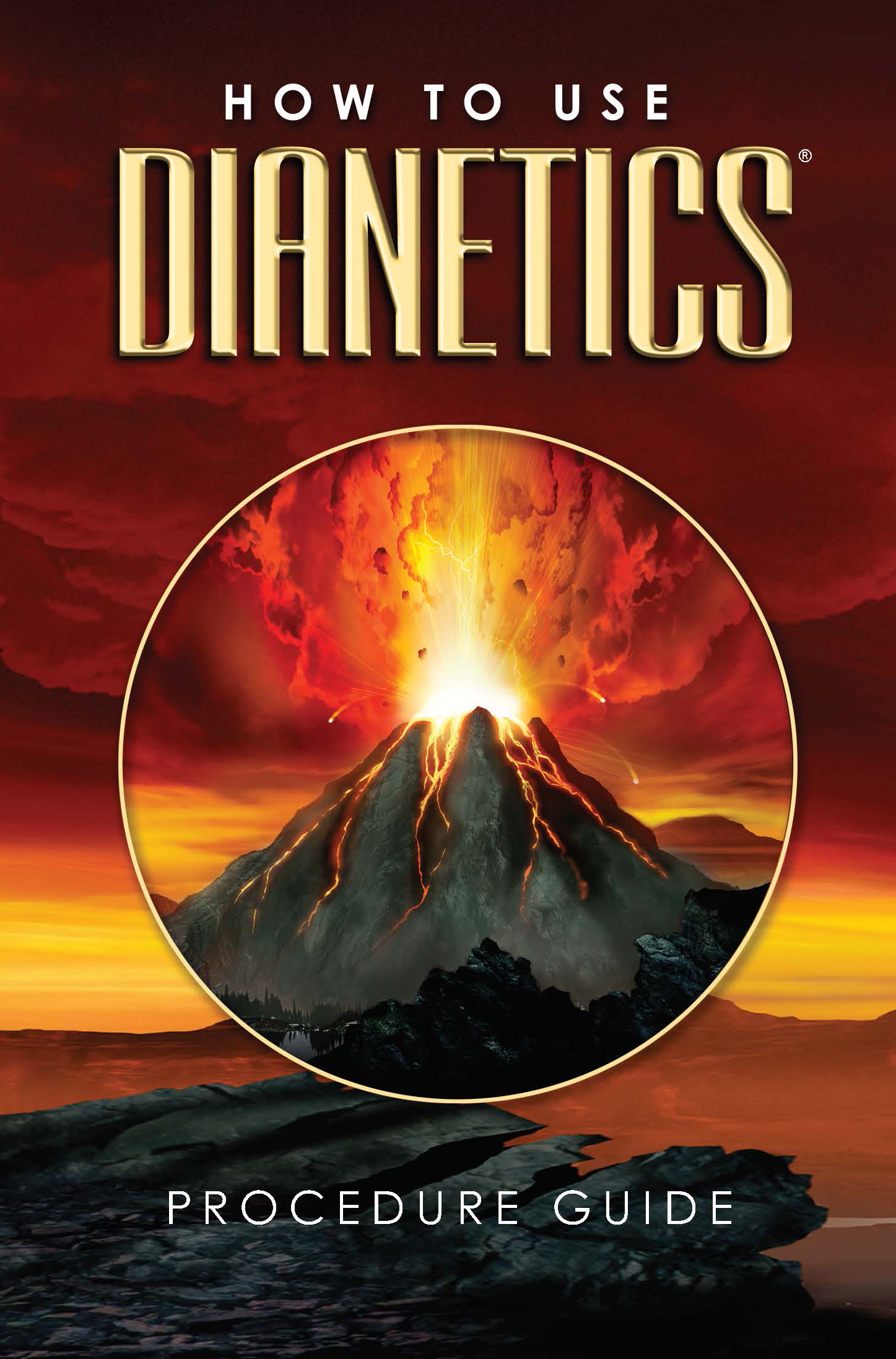The Single Strategy To Use For Dianetics
Wiki Article
What Does Dianetics Do?
Table of ContentsA Biased View of DianeticsAn Unbiased View of DianeticsWhat Does Dianetics Mean?The smart Trick of Dianetics That Nobody is Discussing
I couldn't ever not intend to get anything that comes to mind for you- if it was otherwise, I wouldn't be sitting here with you, doing this. I not just could never have an issue, or otherwise wish to hear something that enters your mind for you, yet I'm totally eager to recognize every concept, every thought, every photo or sensation that emerges or manifests for you- don't ever before think or else, and if for one reason or another you do, please simply let me understand! Often, you might have a thought, and image, idea or incident pop up that does not appear to answer the concern, or connect to it, however however, always do tell me about it, and as we continue, the importance will certainly arise for you.This is inherent in the basis of processing, and the subject of this discussion: the standard functions of the counselor and the customer: The standard role of the counselor is, unlike "common training", not to control, which implies to apply and/or prevent, however to instead function from the basis of EMPOWERING THE CUSTOMER.

10 Simple Techniques For Dianetics
John Mcmasters revealed this standard fact splendidly well in among his lectures on Power processing, where he discusses how he was asked what this "special flair" was that he had for offering such fantastic sessions; he needed to consider that for a moment, and spotted that it was what he had not been doing, in addition to what he was doing: he wasn't assessing, judging, computing, or in truth, generating any kind of ideas, not to mention verbal expressions, after offering the command and while waiting on the PC to complete their response to their contentment; he was, simply and only, existing with the PC, and entirely interested.The function of the counselor, demonstrated; that was his "special flair". I have had my very own experience which taught me this well, really early in the game. In 1982, having just recently completed my training and internship on New Era Dianetics, I was running this on a COMPUTER, and there was a factor in the session where (being a little bit wet behind the ears not yet having many hours under my belt as an expert auditor) the PC seemed to be "taking also long" to express anything vocally after I provided him a command.
This trick ended up being one of the most useful contribution that John ever made to the subject of therapy or auditing (Dianetics). In my simple opinion, it is the biggest payment that anyone has ever before made to these subjectsthe application is completely non-judgemental, non-evaluative, and lacking any recommendation, advice or opinion.no preconceived program for individuals, or 'degrees' that they have to do
In Scientology we prided ourselves on not assessing for people. All that truly suggested was that the auditor did not VERBALLY examine for the PC in session.
The Buzz on Dianetics

Anyone who had ever before seen John audit can not help yet observe an one-of-a-kind top quality in his auditing."The customer's fundamental function is to be there with the purpose of relocating the direction of their spiritual goals, and to openly and fully reveal and experience whatever materializes for them in responding to the concerns and executing the instructions in the processing.
This is something to procedure as needed. Yet additionally, people frequently have prior experience and/or brainwashing in auditing/processing learn the facts here now which, somehow, and to some extent, actually misdirects them right into perspectives, ideas and behavior patterns that protect against the full understanding of these roles, therefore they will have a tendency to prevent the expressing of what comes to mind, as in the examples given over. * The very first, and perhaps foremost examples of mis-indoctrination leading to less than completely smooth and reliable sessions, can be discovered in specific facets of the training routines, or "TR's":"TR's" are frequently a person's first, or a minimum of early, experience in Scientology, and while I will go on to discuss what I view as the problems in idea and practice, nonetheless, often tend to be significantly restorative, done as they are provided (Hubbard urges that "TR's are not processing, they are training", yet factually, they are both handling AND training)
Alan Walter made similar monitorings, and improved these with his helpful site "Existence Processes". There is no "flunking", and no denial of the fact of this being processing. The focus, as it ought to be, is on experiencing the various other person's existence. All the symptoms which obtain a "fail" in doing "TR-0" are simply the being's initiatives to stand up to the other individual's visibility, and as opposed to being pestered and nagged with "Flunk", which imposes "failing!" on the being, one simply needs to be urged to "stick their feet in the water a little deeper", to significantly restore their ability and desire to fully share and experience "being right here", or "existence", with others.
Some Known Incorrect Statements About Dianetics

Report this wiki page